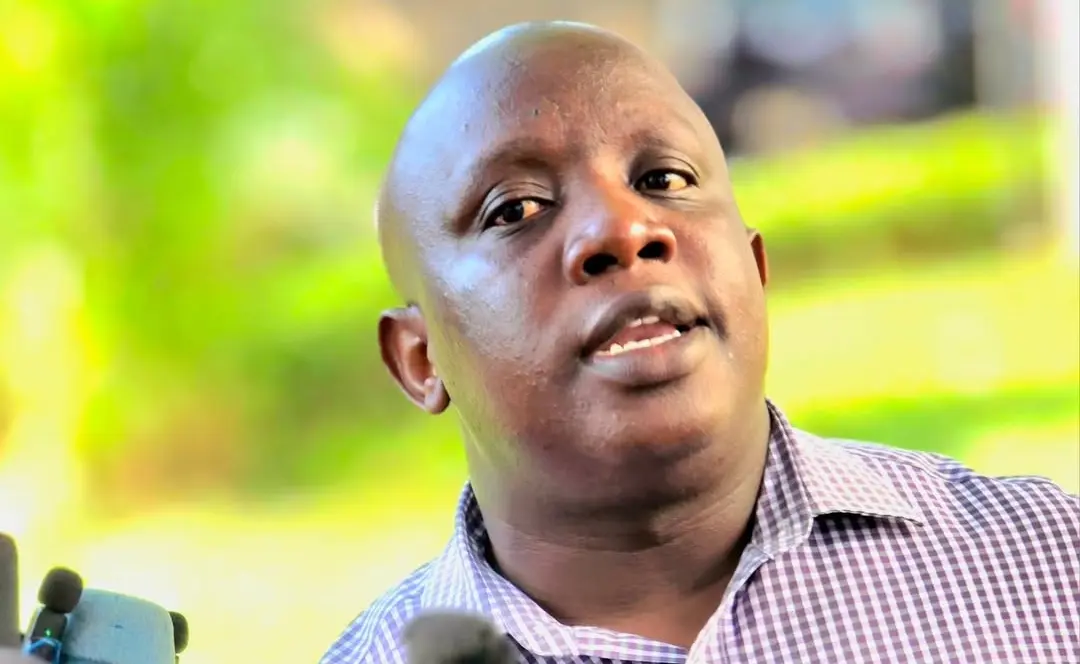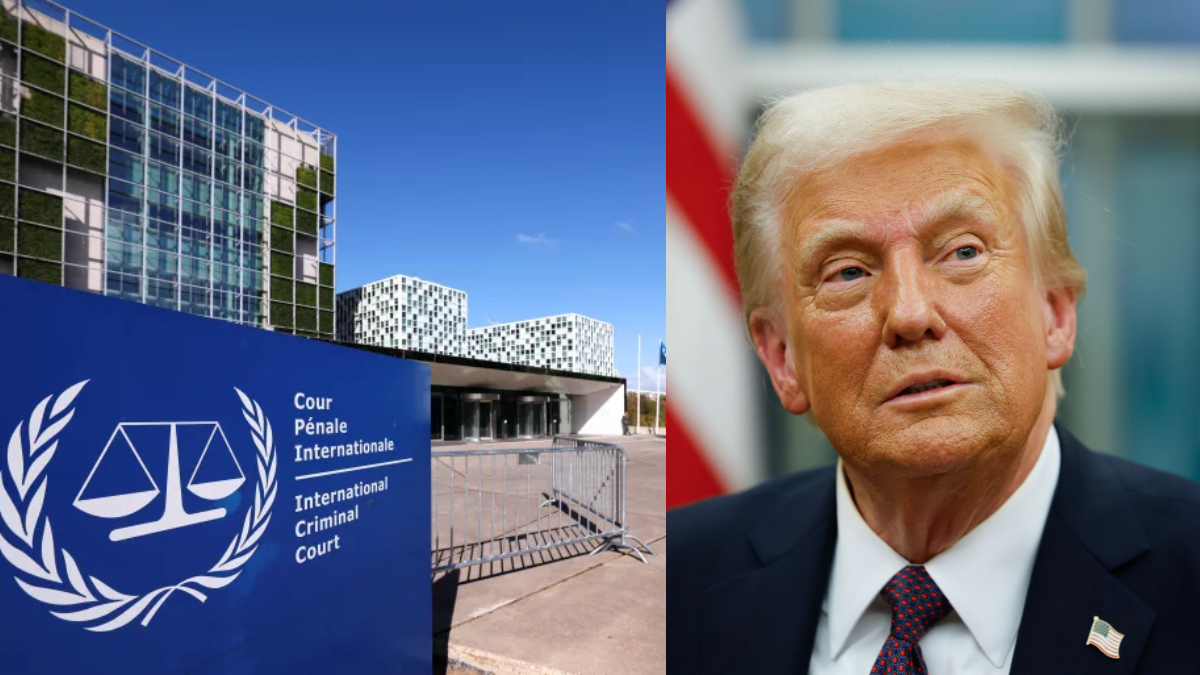In his annual foreign policy address to diplomatic envoys at the Holy See on Monday, Pope Francis ignited a heated debate.
He called for a global ban on what he termed the “deplorable” practice of parenting through surrogacy.
This stance is likely to spark reactions within the LGBT community, where many individuals have turned to surrogacy to fulfill their dreams of having children.

Alongside issues like the wars in Ukraine and Gaza, the climate crisis, and challenges related to migration and asylum.
READ ALSO: Moses Kuria stands firm: Kenya rejects LGBTQ unions despite Pope’s directive
He expressed his deep disapproval of the practice.
Describing it as a serious violation of the dignity of both women and children, rooted in the exploitation of mothers facing material needs.
Pope Francis emphasized that a child should always be seen as a gift and never treated as the subject of a commercial contract.
The 87-year-old Pontiff called for a universal effort by the international community to prohibit surrogacy.
Asserting that the life of an unborn child cannot be suppressed or turned into an object of trafficking.

This isn’t the first time Pope Francis has spoken against surrogacy, reflecting the Catholic Church’s opposition to the practice.
He reiterated the Church’s stance on the dangers of “gender theory,”
Which challenges binary categories of male and female, describing it as extremely dangerous for cancelling differences in the pursuit of equality.
READ ALSO: Atheists in Kenya welcome Pope Francis decision on same-sex blessings
Despite his reputation for adopting more progressive stances within the Catholic Church.
Surrogacy is manipulative
Such as approving priests to bless same-sex couples, Pope Francis remains conservative on issues like abortion.
The increasing use of gestational carriers, commonly known as surrogates or surrogate mothers, has raised ethical concerns globally.
While some countries like Spain, Italy, and Taiwan have outright banned surrogacy due to ethical concerns.
Others permit altruistic surrogacy without monetary compensation.
In the U.S., laws on surrogacy vary from state to state.
Critics of surrogacy caution against a potential poverty bias.
Highlighting the risk of financially desperate women catering to the desires of the wealthy at the expense of their bodies.










